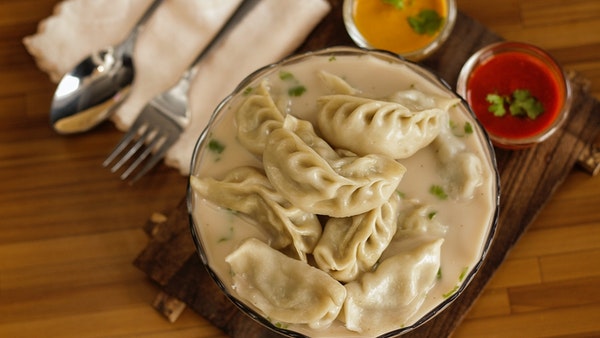Just In
- 2 hrs ago

- 6 hrs ago

- 9 hrs ago

- 11 hrs ago

Don't Miss
- Finance
 1:1 Bonus, 16.50/Share Dividend: NBFC To Declare Dividend, Top 3 Analysts Recommend Buy Call
1:1 Bonus, 16.50/Share Dividend: NBFC To Declare Dividend, Top 3 Analysts Recommend Buy Call - Sports
 Most Runs in IPL 2024, Orange Cap Holder: Top 10 Highest Run Scorers And Team-wise Top 5 Batters On April 18
Most Runs in IPL 2024, Orange Cap Holder: Top 10 Highest Run Scorers And Team-wise Top 5 Batters On April 18 - News
 Social Media Users Laud Gujarat Titans' Fangirl, Call Her Ana de Armas' Lookalike
Social Media Users Laud Gujarat Titans' Fangirl, Call Her Ana de Armas' Lookalike - Movies
 Aranmanai 4 Release: Sundar C, Tamannaah, & Raashii Khanna's Horror Film To Get Postponed? New Date Inside
Aranmanai 4 Release: Sundar C, Tamannaah, & Raashii Khanna's Horror Film To Get Postponed? New Date Inside - Technology
 Nothing Ear, Ear a With ANC, Up to 42.5 Hours of Battery Launched; Check Price and Availability
Nothing Ear, Ear a With ANC, Up to 42.5 Hours of Battery Launched; Check Price and Availability - Education
 PSEB Class 10 Toppers' List 2024, Check the Ranks of Toppers
PSEB Class 10 Toppers' List 2024, Check the Ranks of Toppers - Automobiles
 All About Electronic Stability Control ESC: Working & Advantages
All About Electronic Stability Control ESC: Working & Advantages - Travel
Telangana's Waterfall: A Serene Escape Into Nature's Marvels
Delhi Man Dies Choking On Momos, AIMS Issues Advisory “Chew Well And Swallow”
The All India Institute of Medical Science (AIIMS) has warned people about momos, India's most-loved snack, after the death of a 50-year-old man who choked on a momo. The advisory came after AIIMS forensic experts discovered the cause of the man's death as neurogenic cardiac arrest caused by choking of momos at the laryngeal inlet.

The medical body advised everyone to "chew well and swallow with care". The man was brought to Delhi AIIMS, dead. He was thought to be drunk and was consuming momos at a roadside shop, where he collapsed on the ground.
The post-mortem report says that a dumpling (momo is a type of steamed and filled dumpling) was discovered stuck in the man's windpipe opening, leading doctors to believe he died from choking on a momo.
What Is Choking?
Choking is a condition caused when an object partially or completely interrupts the pathway of air between the upper respiratory tract (nose, nasal cavity, and pharynx) and the windpipe.
It can occur at any age and anytime due to the obstruction of certain foreign objects like a food particle, a toy, a coin, or even a battery.
When an individual consumes something that is too large to pass through the food pipe (oesophagus) and accidentally slips into the windpipe (trachea), it can get stuck in the posterior hypopharynx (the bottom part of the throat that connects the food pipe and windpipe), leading to respiratory tract blockage.
Choking needs immediate medical attention as it may cause the sudden death of a person. [1]


What Is Neurogenic Cardiac Arrest?
Neurogenic cardiac arrest, medically known as neurologic stunned myocardium, is a condition in which some neurological events like epileptic attacks, stroke and brain trauma, cause abnormalities in the heart and lead to injury of the heart muscles and even, sudden death episodes. [2]
-
 disorders cureVocal Cord Paralysis: Causes, Symptoms, Risk Factors, Diagnosis And Treatments
disorders cureVocal Cord Paralysis: Causes, Symptoms, Risk Factors, Diagnosis And Treatments -
 wellnessWorld First Aid Day 2020: Common First Aid Mistakes To Avoid
wellnessWorld First Aid Day 2020: Common First Aid Mistakes To Avoid -
 disorders cureSushant Singh Rajput Dies Due To Asphyxia Resulting From Hanging: Know More About The Condition
disorders cureSushant Singh Rajput Dies Due To Asphyxia Resulting From Hanging: Know More About The Condition -
 wellnessChoking: Symptoms, Causes, Complications And First Aid
wellnessChoking: Symptoms, Causes, Complications And First Aid


 Click it and Unblock the Notifications
Click it and Unblock the Notifications



